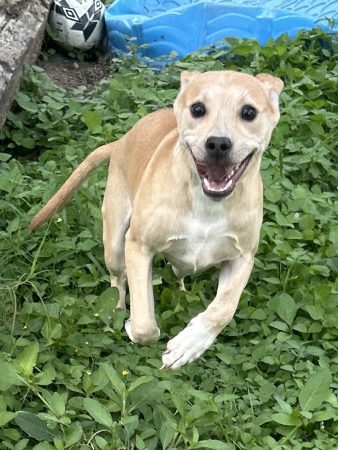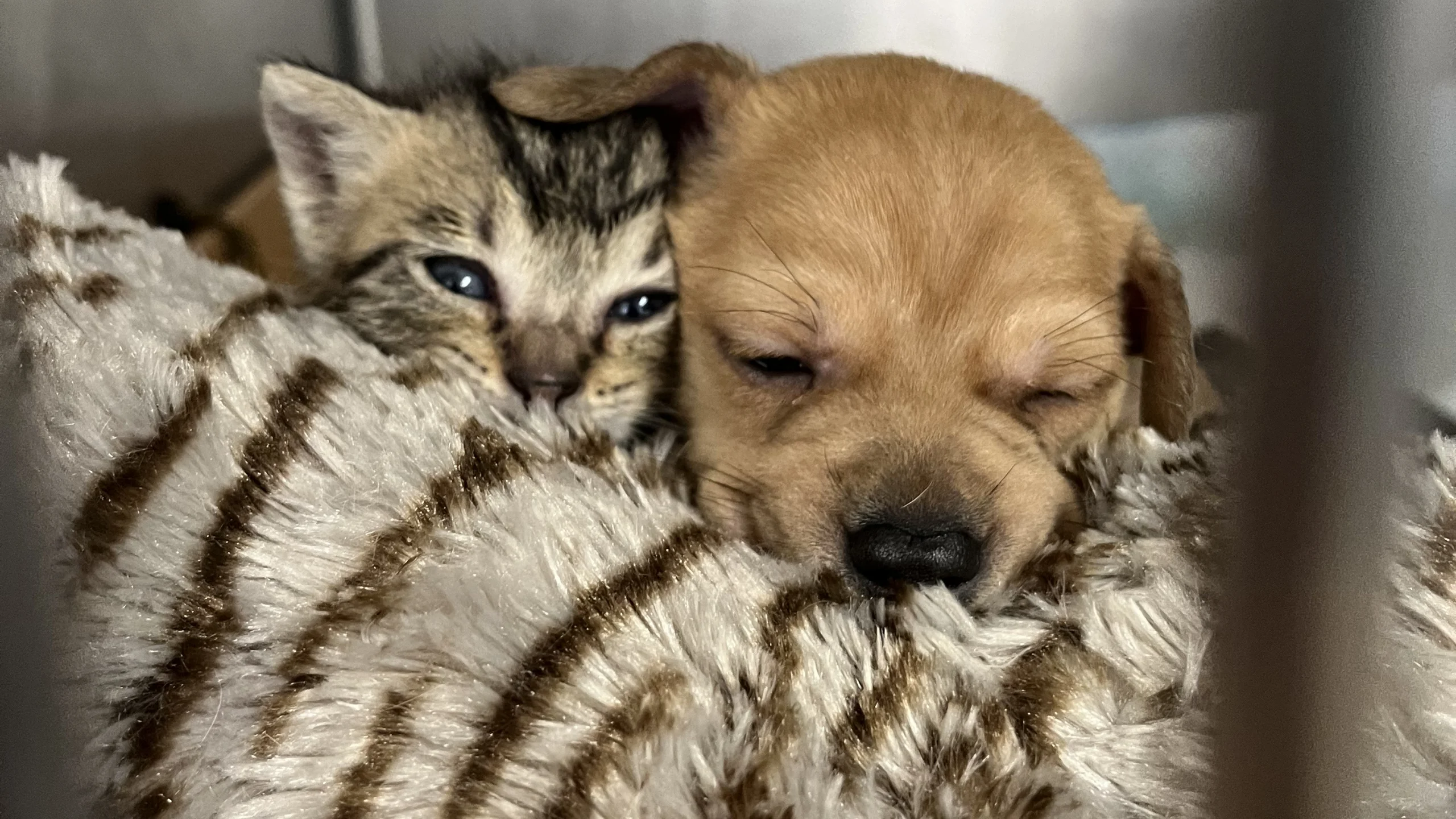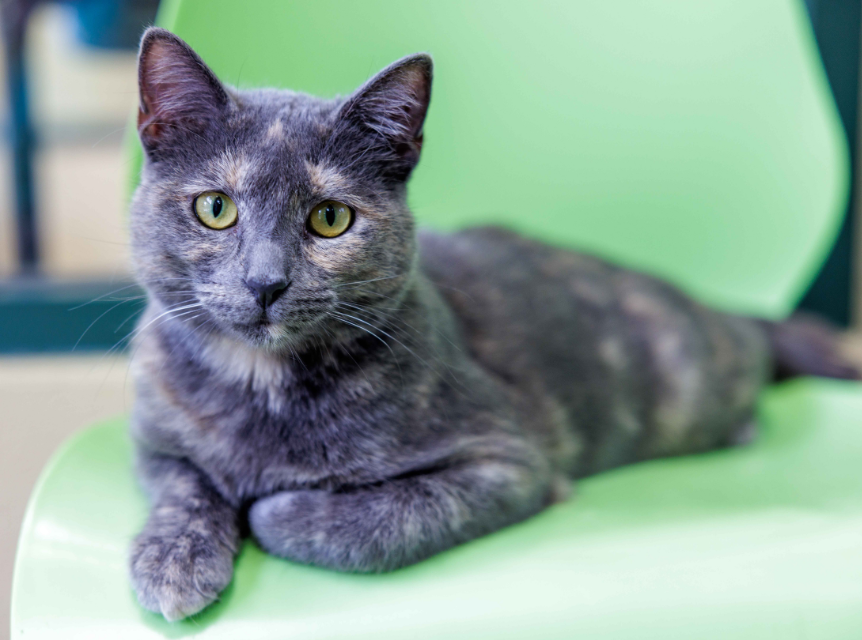Common Contagious Diseases in a Shelter

What Can You Do?
Bringing your new pet home is exciting! It’s a great time to sign up for pet insurance (like MetLife or another provider) to help with unexpected vet bills so you can focus on giving your pet the best care. Schedule a vet visit 1 to 2 weeks after adoption to discuss vaccinations, deworming, and other important treatments. Keep an eye on your pet’s health, and if something seems off, don’t hesitate to call your vet. A little planning now means a happy, healthy pet for years to come! 🐾
Canine Respiratory Infections
Respiratory infections in dogs are caused by a variety of bacteria and viruses, including Bordetella (kennel cough), canine influenza, and distemper. These illnesses spread through direct contact, shared air, or contaminated surfaces.
Symptoms can include:
🐾. Runny nose
🐾 Sneezing
🐾 Coughing
🐾. Watery eyes
🐾 Fever
🐾 Lethargy
To keep puppies safe, they should stay away from public places like parks and sidewalks until they finish their shots at 20 weeks old. They also shouldn’t play with other dogs until they are fully vaccinated. If a puppy has coughing, sneezing, or tummy troubles, they might spread germs to other dogs. A vet should check them before they are around other pets.
Distemper
Canine Distemper is a highly contagious, and often fatal, virus that spreads through body fluids like saliva and mucus. It is most common in dogs from shelters, pet stores, or groups of unvaccinated dogs.
Symptoms can include:
🐾 Coughing and sneezing
🐾 Vomiting and diarrhea
🐾 Seizures
🐾 Paralysis
Dogs may not show signs for 2 to 14 days (or longer). Some can still spread the virus even after they seem better.
Canine Parvo
Parvo is a highly contagious and life-threatening virus that attacks the gastrointestinal system, especially in puppies. It is spread through infected feces and can survive on surfaces (including soil, clothing, and shoes) for months. To help prevent parvo, puppies should:
🐾 Stay away from public places until they finish their vaccines at 20 weeks
🐾 Avoid contact with other dogs unless they are fully vaccinated
🐾 Live in a clean environment, especially if a previous pet had parvo
Parvo can take 3 to 14 days to show symptoms. Parvo symptoms include vomiting and diarrhea (often bloody), lethargy and loss of appetite, along with dehydration and fever. Parvo is a medical emergency. If your puppy has vomiting, diarrhea, or extreme lethargy, seek veterinary care immediately.
Ringworm
Ringworm isn’t actually a worm—it’s a fungal infection that spreads through direct contact with an infected animal, surfaces, or fungal spores in the environment. Pets can catch ringworm by touching another sick pet, even if that pet doesn’t show symptoms. Some types can spread to people, but some people are more at risk than others. If you’re worried, talk to your doctor. Pets are treated with creams or pills, and the treatment can last from a few weeks to a couple of months. It may take a couple of weeks before you see any spots, but keep an eye out for:
🐾 Brittle or broken hair
🐾 Circular, bald, scaly, or crusty patches on the skin
🐾 Itching or irritated skin
Feline Upper Respiratory Infection
Some germs make cats very sick, while others cause milder sickness. When many cats live together, like in shelters or crowded homes, the germs spread more easily. Kittens are at a higher risk because their bodies are still learning how to fight germs. Even if a kitten grows up, it might still carry these germs. When a cat feels stressed or scared, the germs can cause sickness again. This means many cats and kittens might already have these germs even if they seem healthy at first.
Symptoms of URI include:
🐾 Sneezing
🐾 Runny eyes
🐾 Runny nose
🐾 Fever
🐾 Lethargy
It’s important to note that many cats have been exposed to URI viruses before adoption. Some cats become lifelong carriers and may develop symptoms during times of stress. While most URIs resolve on their own, some may require antibiotics or antiviral medications. Keeping your cat stress-free, well-fed, and up to date on vaccinations helps reduce flare-ups.
-
 Common Illnesses
Common Illnesses



